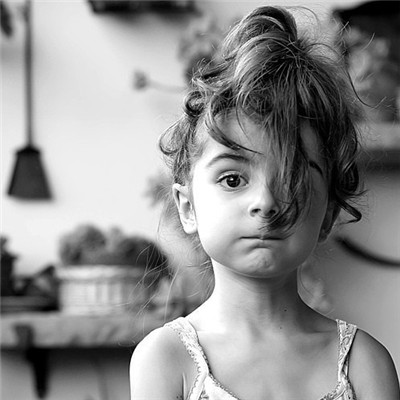
10. 他們會(huì)更容易焦慮或者壓抑(只是在他們過(guò)去有很多負(fù)面經(jīng)歷的情況下)。
"If you've had a fair number of bad experiences, especially early in life, so you don't feel safe in the world or you don't feel secure at home or ... at school, your nervous system is set to 'anxious,'" Aron says. But that's not to say that all highly sensitive people will go on to have anxiety -- and in fact, having a supportive environment can go a long way to protecting against this. Parents of highly sensitive children, in particular, need to "realize these are really great kids, but they need to be handled in the right way," Aron says. "You can't over-protect them, but you can't under-protect them, either. You have to titrate that just right when they're young so they can feel confident and they can do fine."
“如果你有過(guò)相當(dāng)多的負(fù)面經(jīng)歷,尤其是在人生早期的時(shí)候,你會(huì)覺(jué)得這個(gè)世界不安全或者你在家也沒(méi)有安全感,或者…在學(xué)校也沒(méi)有,你的神經(jīng)系統(tǒng)已經(jīng)被設(shè)定為‘焦慮’模式,”阿隆講道。但這并不是說(shuō)所有的高敏感度人都會(huì)繼續(xù)焦慮下去——實(shí)際上,一個(gè)充滿(mǎn)他人支持的環(huán)境可以很長(zhǎng)久地保護(hù)他們遠(yuǎn)離焦慮。尤其是高敏感的孩子的父母,需要“意識(shí)到這些孩子非常棒,只是需要以正確的方式教育,”阿隆講道。“你不能過(guò)度保護(hù),但你也不能保護(hù)不足。你必須在他們小的時(shí)候就小心地掌握好保護(hù)的程度,這樣他們會(huì)感到自信而且可以做得很好。”


















